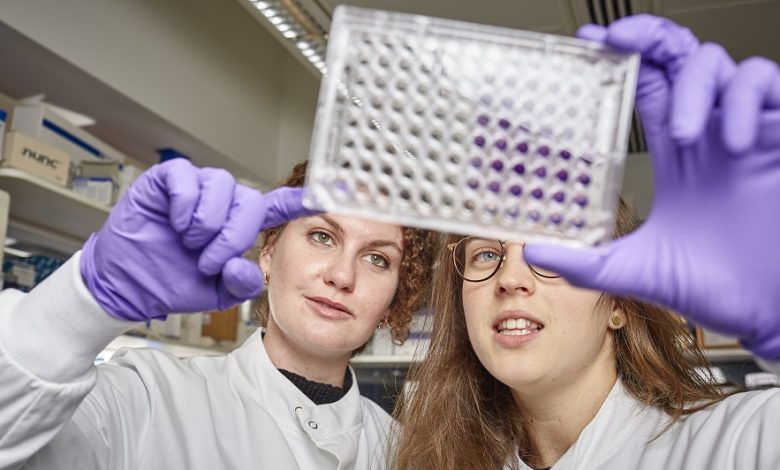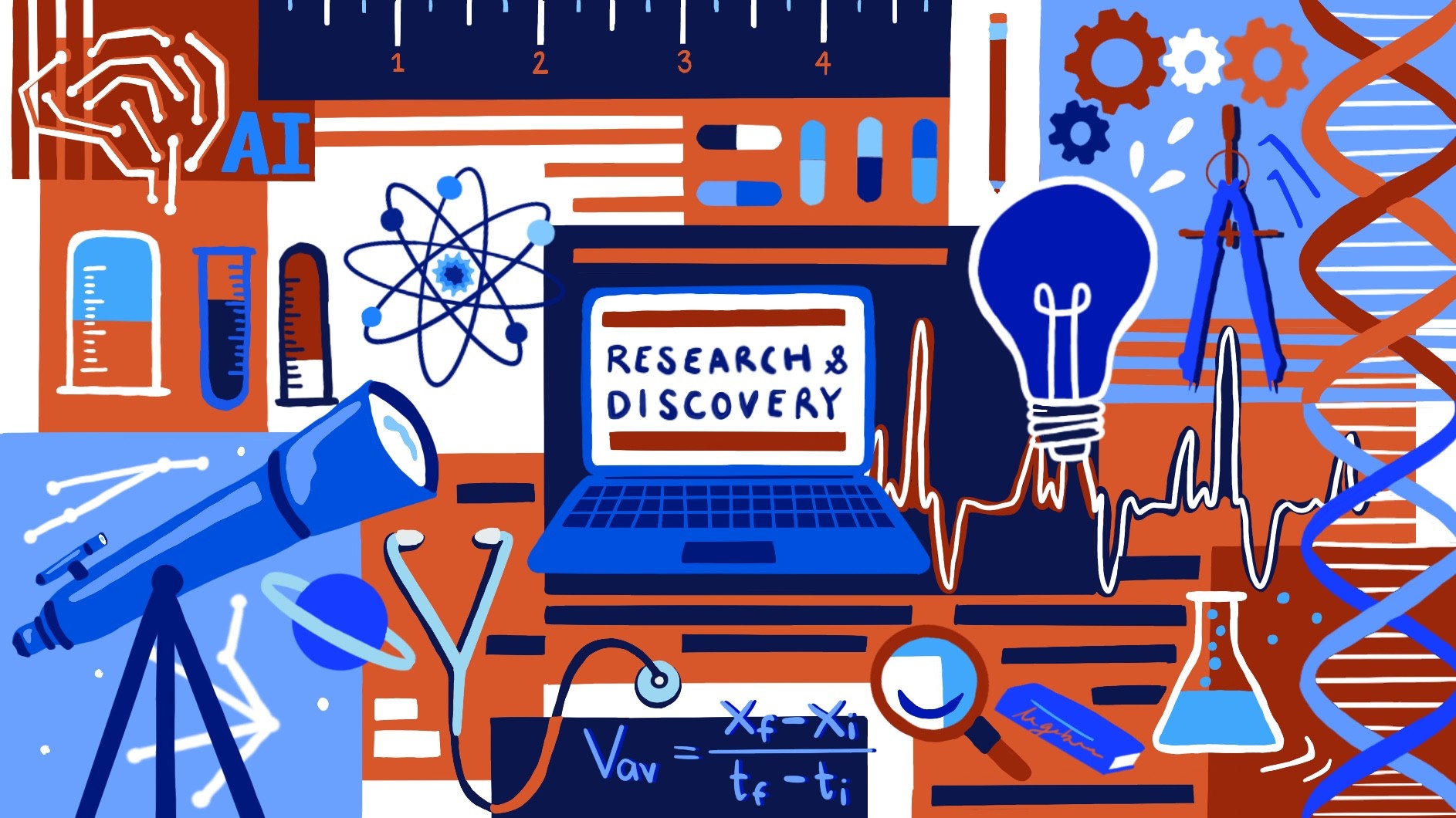Scientific Discovery And Research.

Scientific discovery and research drive innovation and understanding in various fields. They provide solutions to global challenges and improve quality of life.
Scientific discovery and research play a crucial role in advancing technology, medicine, and knowledge. These activities involve systematic investigation, experimentation, and analysis to uncover new insights. Scientists and researchers use various methods to explore unknown aspects of the natural world and develop practical applications.
The outcomes often lead to groundbreaking technologies, medical breakthroughs, and enhanced understanding of complex phenomena. Governments, institutions, and private sectors invest heavily in research to foster progress and address pressing issues. Staying informed about scientific advancements helps society make informed decisions and encourages continuous learning and development.

Credit: www.linkedin.com
Historical Milestones
Scientific discovery and research have shaped our world. Over centuries, humans have unveiled countless mysteries. These milestones mark significant progress in our understanding of the universe.
Ancient Discoveries
Ancient civilizations made remarkable discoveries. The Egyptians built the pyramids using advanced mathematics. They also practiced early forms of medicine. Ancient Greeks contributed significantly to science. Aristotle and Archimedes laid foundational principles. Their work influenced many future scientists.
In India, scholars invented the concept of zero. This breakthrough revolutionized mathematics. Chinese scientists also made significant contributions. They invented gunpowder, the compass, and papermaking. These inventions changed the world forever.
Modern Breakthroughs
Modern science saw rapid advancements. The 19th century witnessed many breakthroughs. Charles Darwin proposed the theory of evolution. Gregor Mendel discovered the laws of genetics. These ideas changed biology forever.
The 20th century brought even more discoveries. Albert Einstein introduced the theory of relativity. This theory transformed our understanding of space and time. Marie Curie discovered radioactivity. Her work laid the foundation for nuclear science.
Modern technology also saw significant advancements. The invention of the internet revolutionized communication. Space exploration reached new heights with the moon landing. Each breakthrough has paved the way for future discoveries.
Key Research Methodologies
Scientific discovery relies on robust research methodologies. These methods ensure accuracy and reliability. Two primary methodologies stand out: experimental methods and observational studies.
Experimental Methods
Experimental methods involve controlled environments. Scientists manipulate variables to observe effects. This method provides clear cause-and-effect relationships.
- Controlled Experiments: Only one variable changes. All other factors remain constant.
- Randomized Trials: Participants are randomly assigned. This reduces bias.
- Double-Blind Studies: Neither participants nor researchers know who gets the treatment. This ensures unbiased results.
Experimental methods offer precision. They are fundamental in fields like medicine and psychology.
Observational Studies
Observational studies involve watching subjects in natural settings. There is no manipulation of variables. These studies provide real-world insights.
- Case Studies: In-depth analysis of a single subject. Useful for rare phenomena.
- Cross-Sectional Studies: Data collected at one point in time. Helps identify patterns and correlations.
- Cohort Studies: Follows a group over time. Tracks changes and developments.
Observational studies are vital for understanding long-term effects. They are common in fields like epidemiology and sociology.
| Method | Advantages | Disadvantages |
|---|---|---|
| Experimental | Precise, controlled, clear causality | Can be artificial, ethical concerns |
| Observational | Real-world data, ethical | Less control, potential bias |
Both methodologies have unique strengths. They complement each other in scientific research.
Impact On Society
Scientific discovery and research significantly impact society. These impacts are felt in various ways, from new technologies to ethical dilemmas. This section explores these influences in detail.
Technological Advancements
Science drives technological advancements that shape our daily lives. New inventions make tasks easier and faster. For example, smartphones help us communicate quickly. Medical research creates new treatments and saves lives. Renewable energy sources reduce pollution and help the planet. These advancements improve living standards for many people.
Ethical Considerations
With new discoveries, ethical considerations arise. Scientists must think about the impact of their work. For example, genetic research can cure diseases but may lead to privacy issues. AI and robotics offer many benefits but can replace human jobs. Ethical guidelines help balance progress with moral responsibilities.

Credit: www.microsoft.com

Credit: news.columbia.edu
Frequently Asked Questions
What Is Scientific Discovery?
Scientific discovery refers to the process of uncovering new knowledge through research, experimentation, and observation.
Why Is Research Important In Science?
Research is crucial in science as it helps validate hypotheses, uncover new facts, and drive technological and medical advancements.
How Do Scientists Conduct Research?
Scientists conduct research through experiments, data collection, and analysis, often using the scientific method to ensure accuracy.
What Are The Stages Of Scientific Discovery?
The stages include hypothesis formulation, experimentation, data collection, analysis, and drawing conclusions to validate or refute the hypothesis.
Conclusion
Scientific discovery and research drive progress. They unlock new knowledge and innovations. Investing in science ensures a brighter future. By supporting research, we solve global challenges. Stay curious and informed. Embrace the wonders of science. Together, we can make a difference.
Explore, learn, and contribute to scientific advancements. Science impacts our lives daily.

